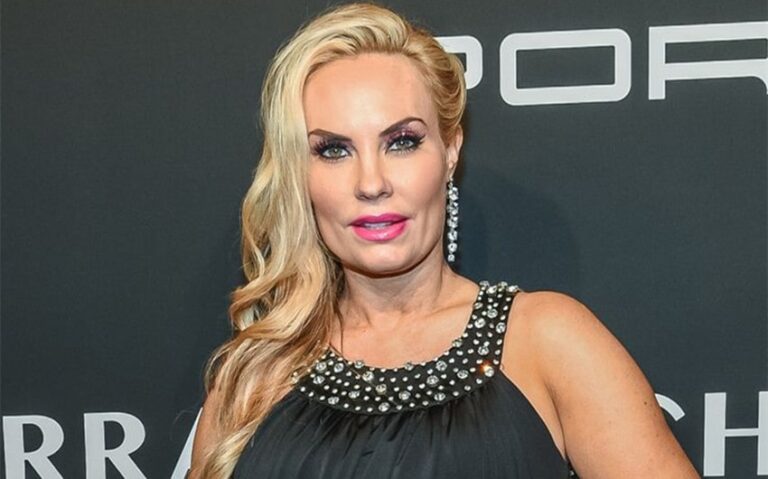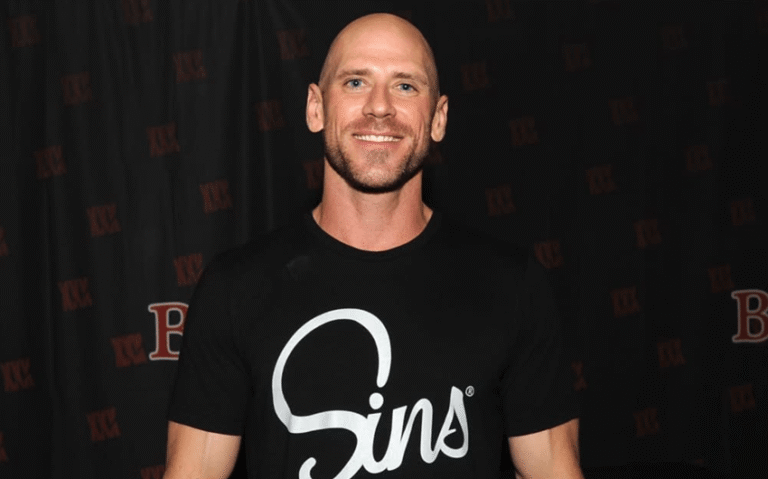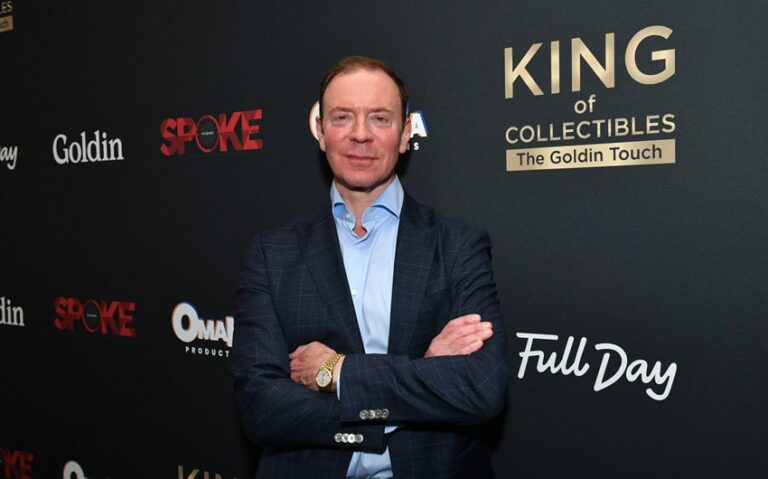Jason Weaver’s Net Worth in 2025: Royalty, Resilience, and Reinvention
The Boy Behind the Voice – Jason’s Early Stardom
Jason Weaver was born on July 18, 1979, in Chicago, Illinois. Raised in a musically talented household—his mother, Marilyn “Kitty” Haywood, was a member of the soul group Kitty & the Haywoods—Jason was immersed in entertainment from the start. His mother not only nurtured his talent but also became a fierce advocate for his future, helping guide his early career decisions with remarkable foresight.
Jason’s breakthrough came early when he was cast as a young Michael Jackson in the 1992 Emmy-nominated miniseries The Jacksons: An American Dream. His portrayal was critically praised for capturing the young King of Pop’s innocence and talent. This role, combined with his natural charisma and performance ability, positioned Weaver as one of the most promising young stars of the early ’90s.
The Lion King Deal That Changed Everything
While Weaver had already earned recognition as a child actor, his next role would define his financial legacy. In 1994, Disney tapped him to be the singing voice of young Simba in The Lion King. He performed the vocals for classics like “I Just Can’t Wait to Be King” and “Hakuna Matata.” While Disney offered him a flat fee of approximately $2 million for the job—a massive payday for a teenage actor—his mother advised him to decline.
Instead, she negotiated a royalty deal that included a significantly smaller upfront payment but residual income from the movie’s lifetime profits. Considering that The Lion King went on to gross nearly $1 billion at the global box office, spawned Broadway musicals, TV spin-offs, a 2019 remake, and decades of merchandise sales, this deal turned into a financial gift that keeps on giving.
Weaver has confirmed in interviews that this royalty arrangement continues to pay him to this day. It’s one of the smartest moves a young actor ever made in the entertainment industry, and it remains a cornerstone of his net worth.
Beyond Simba – Acting Through the 2000s
After The Lion King, Weaver didn’t slow down. He landed one of his most beloved roles as Marcus Henderson in the WB sitcom Smart Guy, which ran from 1997 to 1999. The show was a hit with fans and solidified Weaver’s image as a relatable and funny older brother figure with natural comedic timing.
He also took on several film roles during the early 2000s, including Drumline (2002) alongside Nick Cannon and ATL (2006), where he played Teddy alongside T.I. These roles may not have been blockbusters, but they helped keep Weaver in the public eye and added steady paychecks to his portfolio.
In addition to TV guest spots and indie film appearances, Weaver was frequently cast in roles that showcased his grounded personality and authentic delivery. He never tried to chase over-the-top fame, and that choice helped him avoid the burnout that many child stars experience.
Music Career and Creative Expansion
Weaver didn’t just stick to acting. In 1995, he released his debut R&B album Love Ambition under Motown Records. While the album didn’t chart as high as some other Motown artists at the time, it proved that he wasn’t a one-trick pony. His smooth vocals and emotional range showed that he had the versatility to cross between acting and music with ease.
He also collaborated with artists like Chingy on the 2004 hit “One Call Away,” which charted on Billboard and brought Weaver back into the music spotlight. Though his music career didn’t dominate the charts, it added another layer of income and artistic credibility to his brand.
By pursuing music alongside acting, Weaver ensured that he remained creatively fulfilled and financially diverse—two keys to longevity in show business.
Net Worth Breakdown in 2025
Fast-forward to today, and Jason Weaver’s net worth in 2025 is estimated between $4 million and $7 million, depending on which sources and asset valuations are considered. His income breakdown includes:
-
Royalties from The Lion King, which remain a continuous and passive stream of income thanks to the enduring success of the franchise across generations and formats.
-
Television and film salaries, particularly from long-running shows like Smart Guy and various movie roles.
-
Music royalties, including his Motown album and collaborations like “One Call Away.”
-
Public appearances, interviews, and conventions, which often pay appearance fees, especially for legacy actors with nostalgic appeal.
-
Voice acting and behind-the-scenes work, including uncredited contributions that still yield residuals.
One of the smartest financial moves Weaver ever made—negotiating that Disney royalty deal—has turned into a case study in why artists should think long-term. It’s a story frequently cited in Hollywood circles and even in financial blogs as an example of how to play the long game.
Personal Life and Staying Grounded
Despite growing up in the spotlight, Jason Weaver has kept his personal life remarkably low-key. He is married to Myra Weaver, and together they have a son named Jaylen. Rather than chase the Hollywood party scene, Jason has focused on building a stable home life and staying connected to his Chicago roots.
He often speaks about the importance of faith, family, and staying true to himself—values that have guided him throughout his career. His decision to step back from the limelight in recent years isn’t a sign of failure but of prioritizing what matters most. That groundedness has not only preserved his mental health but also helped him maintain and manage his finances wisely.
Lessons from Jason Weaver’s Financial Story
Jason Weaver’s story isn’t just about talent—it’s about timing, strategy, and trusting your gut (or your mom’s). Choosing residuals over quick cash, remaining versatile in music and acting, and steering clear of industry burnout have made him a rare example of a child star who aged with grace and wisdom.
His financial journey is also a powerful lesson for young artists. Saying yes to fast money can be tempting, but Jason’s legacy shows the value of betting on yourself. Royalties, diversified income, and strategic choices can make a significant difference over decades—not just years.







